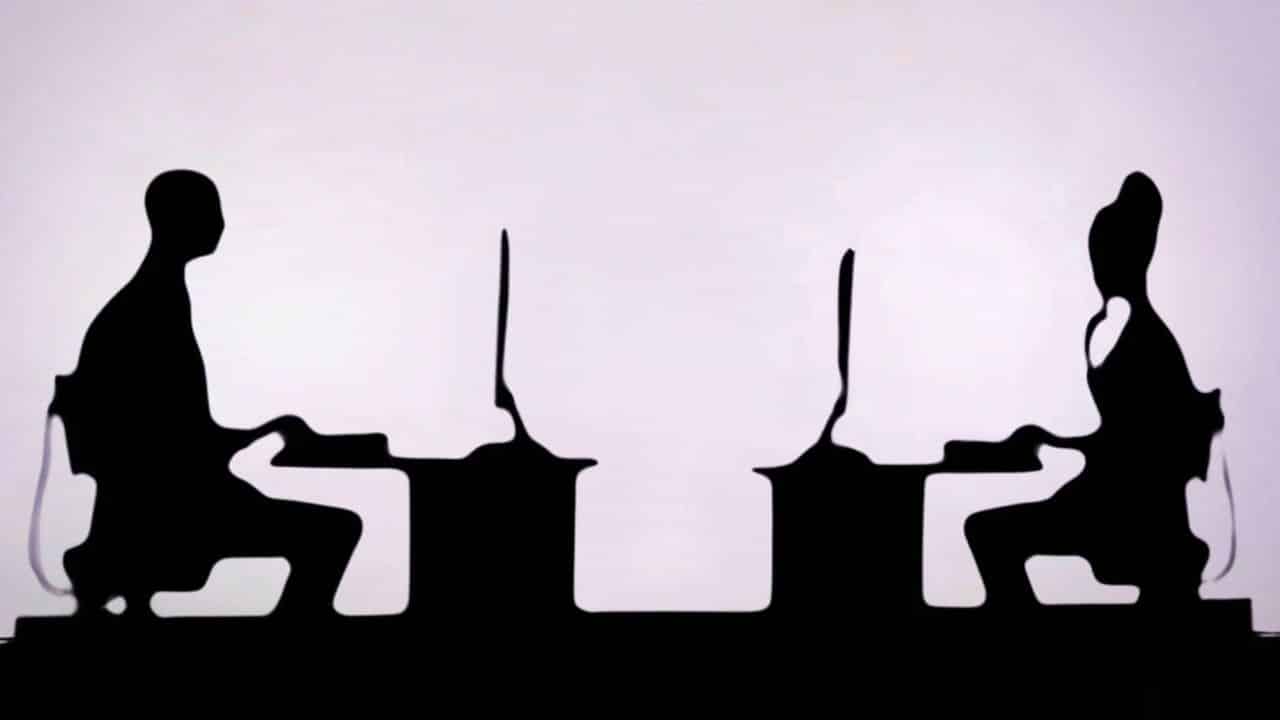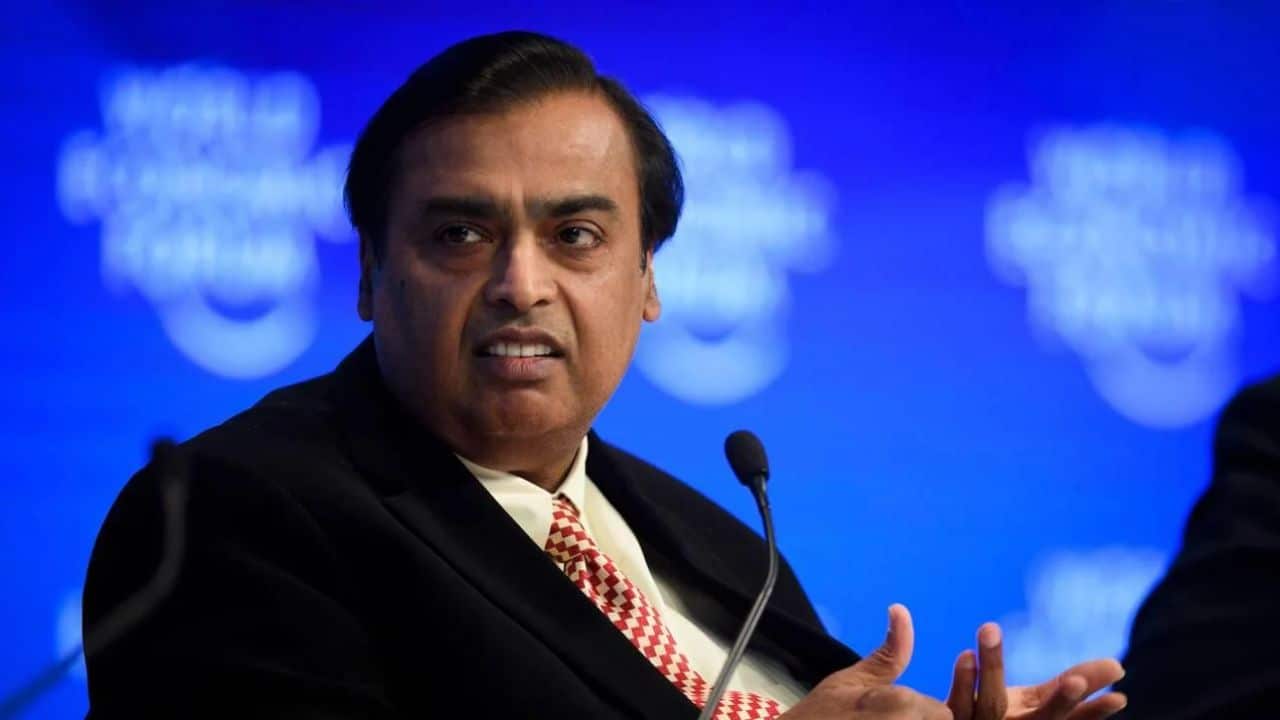Benjamin Netanyahu’s era in Israel is over. After 12 consecutive years in power and three more before that, the country’s longest-serving prime minister will no longer be its leader.
An unlikely coalition formed to topple Netanyahu survived a confidence vote in Israel’s parliament Sunday (June 13, 2021) by a 60-59 decision, clearing the final hurdle to oust him and seizing fragile power.
Following the inauguration of the new government, Netanyahu and his right-wing Likud party found themselves in opposition for the first time in more than a decade.
To rub salt in Netanyahu’s wounds, Naftali Bennet, his former protégé and far-right leader, will become the next prime minister, serving for the first two years of the new government. He will then take over from Yair Lapid, leader of the centrist Yesh Atid party.
The government will consist of a broad group of opponents of Netanyahu, including the United Arab List, known in Israel as Ra’am, which made history by becoming the first Arab party in Israel’s governing coalition.
Bennett, the son of American immigrants, is a former settler leader whose nationalist policies conflict with the various leftist parties that make up his struggling coalition. At the head of such a disparate clan, he may find it difficult to accomplish much more than loosening Netanyahu’s grip on the prime minister’s office.
“We will focus on what can be done instead of arguing about what is impossible,” he said in announcing his agreement with Lapid.
But Bennett, in a speech before Sunday’s vote, vowed to continue Netanyahu’s confrontational policy and opposed any U.S. move to revive the defunct Iran nuclear deal.
“Israel will not allow Iran to arm itself with nuclear weapons,” Bennett said. “Israel will not be a party to the agreement and will maintain its full freedom of action.”
Until now, Netanyahu has had an unparalleled ability to stay in power through conflict, corruption allegations, and countless elections. All that has ended, but his legacy – and perhaps his political ambition – will live on. Mr. Netanyahu did not take his defeat lightly, promising Israel’s enemies in his last speech as prime minister that the Likud party would return to power.
“If we are destined to be in opposition, we will do so with a straight back until we overthrow this dangerous government and take over the running of the country in our own way,” he said.
U.S. President Joe Biden congratulated Bennett in a statement Sunday, saying he looked forward to working with Bennett’s new administration “to promote security, stability, and peace for Israelis, Palestinians, and people throughout the region.”
“Israel has no better friend than the United States,” Joe Biden said. “The bond between our nations is a testament to our shared values and decades of close cooperation, and as we continue to strengthen our partnership, the United States remains steadfast in its support for Israel’s security.”
Netanyahu Era: Power and paralysis
Netanyahu, or Bibi, as he is known in Israel, first became prime minister in 1996 and led the right-wing Likud party for three years. After losing the next election, he left politics but returned as foreign minister in 2002 and prime minister in 2009. He won elections in 2013 and 2015 and retained power in three more elections in 2019 and 2020.
“He’s been around for so many years and has won so many elections that it’s hard for many Israelis to imagine any other reality than a Netanyahu winning an election and forming a government,” said Yohanan Plessner, president of the Israel Institute for Democracy.
Recently, however, Netanyahu’s image has taken a major hit. The veteran lawmaker is increasingly isolated after being charged with fraud, embezzlement, and corruption in late 2019. He refuses wrongdoing and says he is the victim of a “witch hunt” orchestrated by politicians.
Netanyahu’s trial began earlier this year. According to David Makovsky, author and research fellow at the Washington Institute for Near East Policy, during the trial, he publicly downplayed law enforcement and independent judicial institutions that have been Israel’s pride and joy since its founding seven decades ago.
The unlikely coalition of parties that will form the next Israeli government is a testament to the desperation of many to end his long hold on power. Since 2019, the country has held four elections, all of which were seen as a referendum on Netanyahu’s ability to lead the country. It all ended in a stalemate.
He was able to survive the first three ballots, but the fourth ended his mandate, at least for now.
Mr. Netanyahu has earned a reputation as a hardliner and skeptic of the peace process with the Palestinians initiated by his predecessors in the early 1990s. He is not a supporter of the two-state solution, recognized by most of the world as the most likely way to achieve peace and justice for Palestinians and Israelis.
He supported the continued construction of Jewish settlements in East Jerusalem and the occupied West Bank, where some 2.7 million Palestinians also live in search of a future independent state in the territory Israel seized from Jordan in 1967.
Most countries consider settlements in the region to be illegal and an obstacle to peace.
According to Diana Buttu, a former advisor to Palestinian President Mahmoud Abbas, Netanyahu has worked throughout his presidency to consolidate policies that will be difficult to reverse.





































